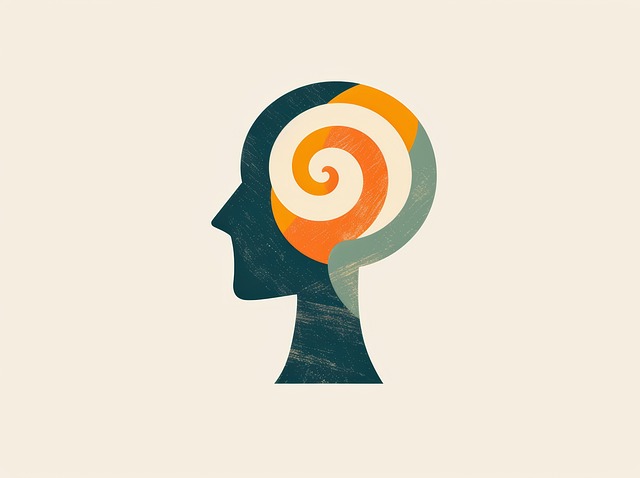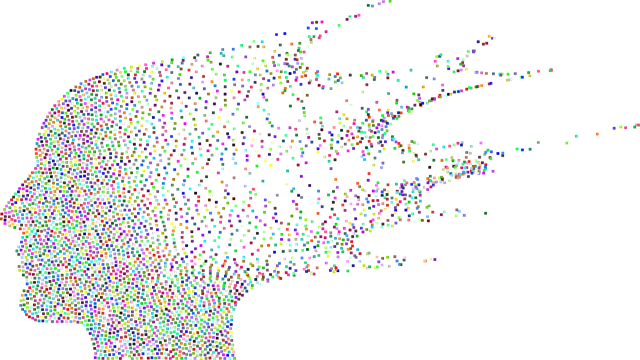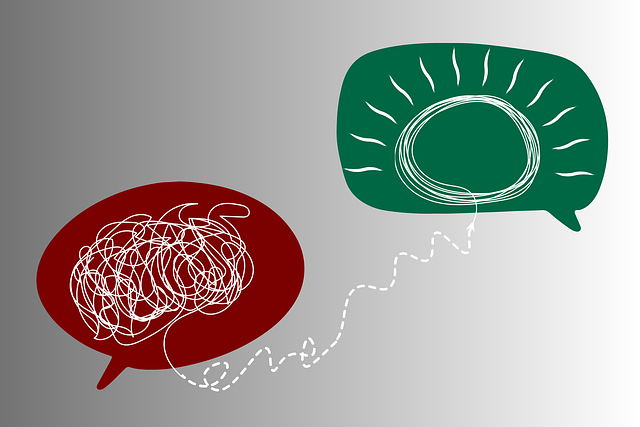Mental health professionals face unique risks in managing client information and therapeutic relationships, requiring comprehensive risk management strategies. This includes regular training in compassion cultivation, stress reduction, and cultural competency, along with conducting independent medical evaluations (IMEs) to assess client progress and tailor interventions. By integrating IMEs with continuous mental health awareness training and enhancing healthcare provider cultural competence, professionals can effectively navigate diverse settings and complex cases in therapy for adults, ensuring patient safety and positive outcomes.
In the demanding field of mental health, professionals encounter unique risks that necessitate proactive risk management planning. This article guides therapy for adults through a comprehensive approach to mitigate potential hazards. We explore the specific risks inherent in mental health practice, including ethical dilemmas and patient safety concerns. Key sections cover developing tailored risk management strategies, implementing evidence-based practices like independent medical evaluations, and continuously adapting plans for optimal patient care.
- Understanding the Unique Risks in Mental Health Practice
- Developing a Comprehensive Risk Management Plan
- Implementing Strategies for Mitigation and Prevention
- Continuous Evaluation and Adaptation for Optimal Patient Care
Understanding the Unique Risks in Mental Health Practice

Mental health professionals face unique challenges and risks within their practice, requiring a nuanced approach to risk management planning. Unlike other healthcare settings, therapists often deal with highly sensitive and personal information, fostering an environment that can be emotionally taxing. The therapeutic relationship itself carries significant responsibility; missteps or boundary crossings can have profound consequences for clients’ well-being.
Additionally, mental health practitioners must navigate the complexities of diverse client populations, each presenting unique risk factors. This includes managing expectations, understanding cultural nuances, and addressing potential power imbalances. Regular training in compassion cultivation practices and stress reduction methods can empower professionals to manage these risks effectively. Moreover, staying informed about public awareness campaigns development can help therapists stay abreast of emerging issues and best practices in mental health care.
Developing a Comprehensive Risk Management Plan

Developing a Comprehensive Risk Management Plan is an integral part of ensuring the safety and well-being of both mental health professionals and their clients. This involves a multi-faceted approach to identifying, assessing, and mitigating potential risks within the therapeutic setting. A robust plan should incorporate strategies tailored to the unique challenges faced by therapists working with adults, including integrating Stress Management techniques and fostering Positive Thinking as protective measures.
Regularly scheduled Independent Medical Evaluations (IMEs) play a crucial role in this process, providing an objective assessment of a client’s progress and identifying any emerging risks. By seamlessly integrating IMEs into the risk management framework, healthcare providers can proactively address issues related to client safety, treatment effectiveness, and potential ethical dilemmas. Moreover, Cultural Competency Training for mental health professionals is essential, as it equips them with the skills needed to navigate diverse cultural contexts, thereby enhancing their ability to recognize and manage risks effectively in a wide range of therapeutic settings.
Implementing Strategies for Mitigation and Prevention

Implementing strategies for mitigation and prevention is a critical component of risk management planning for mental health professionals. These strategies aim to anticipate and address potential risks that may arise in therapeutic settings, ensuring the safety and well-being of both clients and healthcare providers. One key approach involves conducting thorough Independent Medical Evaluations (IMEs) to assess client suitability for treatment, identify potential risks, and develop appropriate interventions. IMEs should be integrated with ongoing Mental Health Awareness training programs to educate professionals on recognizing and managing complex cases effectively.
Moreover, enhancing Healthcare Provider Cultural Competency Training is essential in mitigating cultural and social risks. By fostering a culturally sensitive environment, mental health professionals can better understand and respond to diverse client needs, reducing the likelihood of misunderstandings or inappropriate interventions. Equally important is staying informed about evolving Mental Health Policy Analysis and Advocacy, as policy changes often reflect shifts in societal attitudes towards mental health, influencing treatment approaches and patient outcomes.
Continuous Evaluation and Adaptation for Optimal Patient Care

Mental health professionals must adopt a dynamic approach to risk management planning, emphasizing continuous evaluation and adaptation for optimal patient care. This involves regularly reassessing patients’ conditions and needs, especially those undergoing therapy for adults with complex or evolving mental health issues. Independent medical evaluations play a crucial role in this process by providing objective assessments that guide treatment adjustments.
By staying agile and responsive, professionals can better navigate the nuances of each patient’s journey, incorporating relevant Trauma Support Services, Depression Prevention, and Mental Wellness Coaching Programs into their care strategies as needed. This adaptive approach ensures that patients receive the most effective interventions tailored to their unique circumstances, ultimately enhancing positive outcomes.
Mental health professionals face unique risks in their practice, from intense emotional demands to potential harm from disgruntled clients. Implementing a robust risk management plan that incorporates independent medical evaluations and tailored therapy for adults is essential to mitigate these challenges. By adopting comprehensive strategies and continually evaluating and adapting their approaches, professionals can ensure optimal patient care while safeguarding their well-being. This proactive approach not only enhances patient outcomes but also fosters a healthier, more sustainable career in mental health services.













